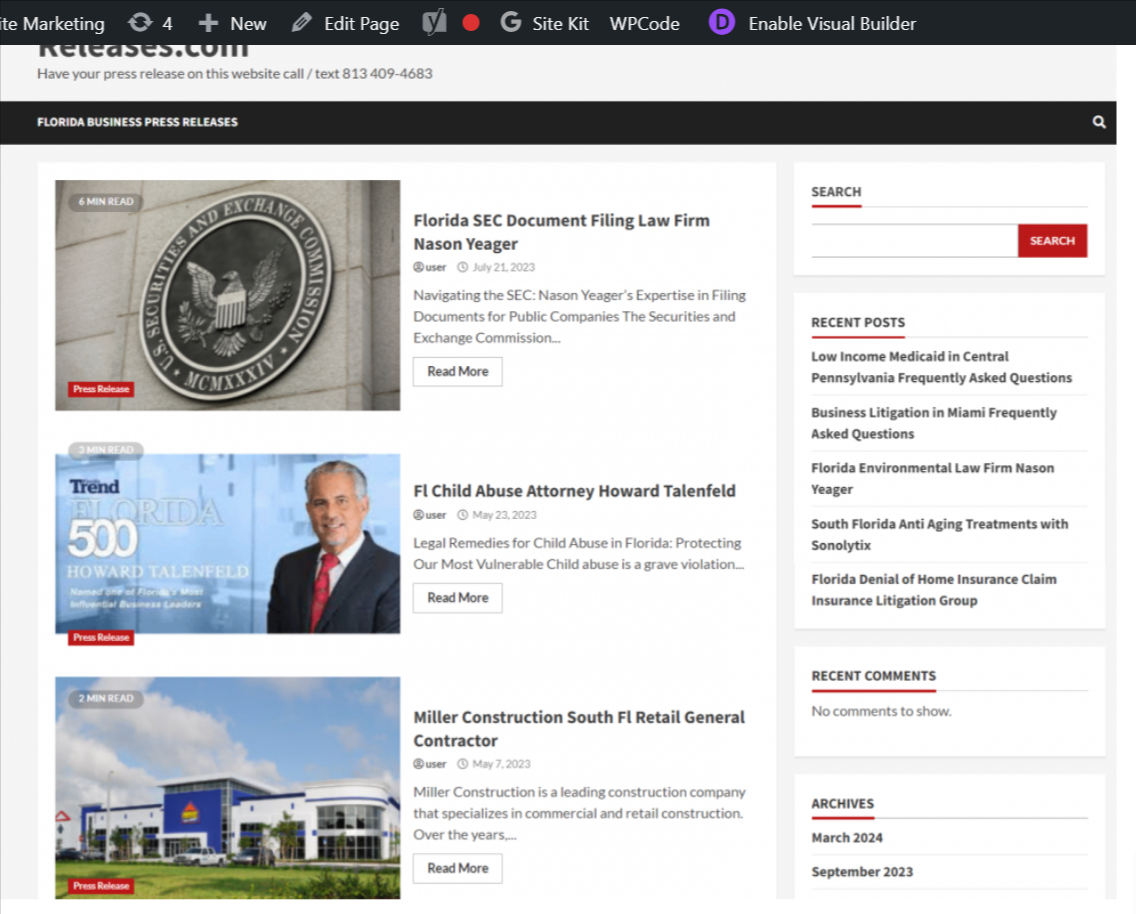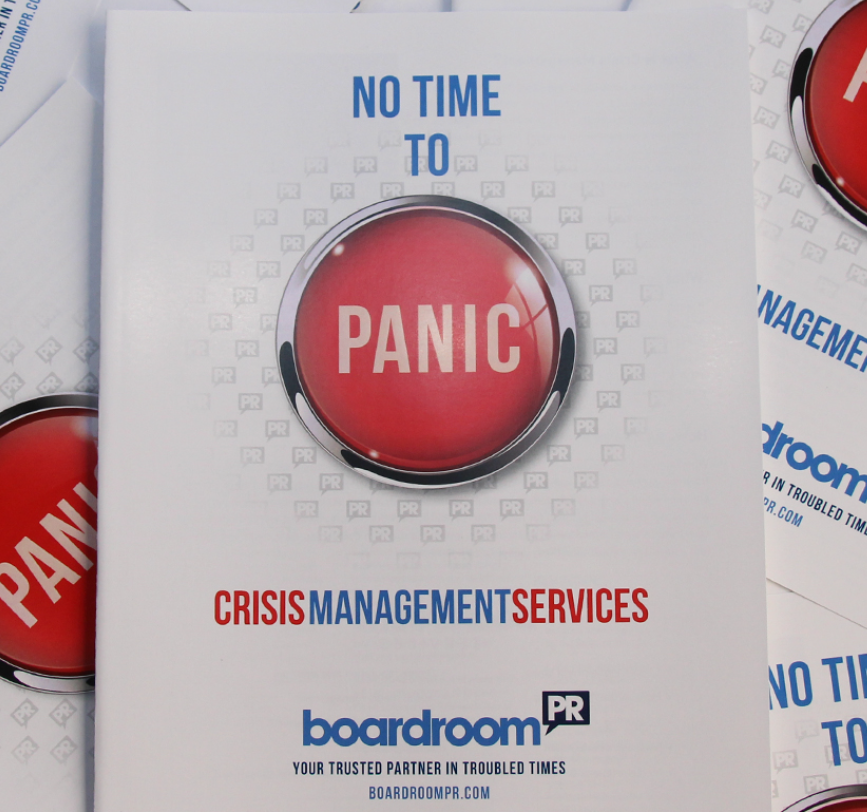Becoming an HVAC (Heating, Ventilation, and Air Conditioning) technician in Florida requires a combination of education, training, and hands-on experience. Here’s a general overview of the steps you can take to pursue a career as an HVAC technician in Florida:
Obtain a high school diploma or equivalent: A high school education or its equivalent is typically the minimum requirement for entry into HVAC training programs.
Enroll in an HVAC training program: Look for vocational schools, community colleges, or trade schools in Florida that offer HVAC training programs. These programs provide both theoretical knowledge and practical skills necessary for the HVAC industry.
If you have a passion for mechanics, problem-solving, and a desire to work in a field with high demand, becoming an HVAC technician could be an excellent career choice. With the right training and education, you can embark on a rewarding journey in the heating, ventilation, and air conditioning industry. ABC East Coast is a reputable HVAC service provider in Florida that not only offers exceptional services but also provides comprehensive education and training programs for aspiring HVAC technicians. In this article, we will explore the opportunities and benefits of learning to become an HVAC technician with ABC East Coast.
Quality Education and Training:
ABC East Coast understands the importance of a solid educational foundation for aspiring HVAC technicians. Their education programs are designed to equip students with the necessary knowledge and skills to succeed in the industry. With a focus on both theoretical concepts and hands-on experience, students gain a well-rounded understanding of HVAC systems, installation techniques, maintenance procedures, and troubleshooting methods.
Experienced Instructors:
At ABC East Coast, you’ll learn from experienced instructors who bring real-world expertise to the classroom. These instructors have extensive knowledge of the HVAC industry and are passionate about sharing their wisdom with the next generation of technicians. They provide valuable insights, practical tips, and mentorship throughout the learning process, ensuring that students receive the highest quality education.
State-of-the-Art Facilities:
Learning in a modern and well-equipped environment is crucial for hands-on training in the HVAC field. ABC East Coast offers state-of-the-art facilities, including fully functional HVAC labs, where students can practice their skills on industry-standard equipment. By working with cutting-edge technology, students gain valuable experience and confidence to tackle real-world HVAC challenges.
Comprehensive Curriculum:
The curriculum at ABC East Coast covers all essential aspects of HVAC technology, ensuring students are well-prepared for the demands of the industry. From understanding the fundamentals of heating and cooling systems to learning about electrical components, refrigeration, ventilation, and air quality control, the comprehensive curriculum provides a strong foundation for a successful HVAC career.
Hands-On Training Opportunities:
In addition to classroom instruction, ABC East Coast emphasizes practical training. Students have the opportunity to work on actual HVAC systems, honing their skills in installation, repair, and maintenance tasks. This hands-on experience is invaluable, as it allows students to apply their knowledge in real-world scenarios and gain the confidence needed for a successful career.
Job Placement Assistance:
ABC East Coast understands the importance of helping graduates transition into the workforce. They provide job placement assistance to help connect students with potential employers. Through partnerships with reputable HVAC companies in Florida, ABC East Coast strives to facilitate employment opportunities for their graduates, giving them a head start in their professional journey.
Continuing Education and Professional Development:
The HVAC industry is constantly evolving, with new technologies and regulations emerging. ABC East Coast recognizes the importance of staying updated with industry advancements. They offer continuing education courses and opportunities for professional development to ensure their graduates remain knowledgeable and competitive in the field.
Conclusion:
Becoming an HVAC technician with ABC East Coast opens the doors to a promising career in the HVAC industry. With their quality education programs, experienced instructors, hands-on training opportunities, and job placement assistance, ABC East Coast provides aspiring HVAC technicians with the tools they need to succeed. If you’re ready to embark on a rewarding journey in the HVAC field, consider learning with ABC East Coast and be prepared for an exciting and fulfilling career in the world of heating, ventilation, and air conditioning.
Complete an apprenticeship: Consider joining an apprenticeship program offered by trade associations or HVAC contractors. Apprenticeships provide on-the-job training under the supervision of experienced technicians, allowing you to gain practical experience while earning a wage.
Obtain necessary certifications: In Florida, HVAC technicians are required to hold specific certifications. The most common certification is the EPA 608 certification, which is necessary for handling refrigerants. Additionally, you may pursue certifications from organizations such as North American Technician Excellence (NATE) to enhance your credentials.
Gain work experience: After completing your training program and obtaining certifications, seek employment opportunities in the HVAC industry. Working under experienced technicians will help you refine your skills and further develop your knowledge.
Consider obtaining a contractor’s license: If you aspire to start your own HVAC business or work as an independent contractor in Florida, you’ll need to obtain a contractor’s license. Requirements for licensure vary, so it’s important to research the specific requirements set by the Florida Construction Industry Licensing Board.
Stay updated with industry advancements: The HVAC industry is constantly evolving, with new technologies and regulations emerging. Continuously educating yourself about the latest advancements and best practices in the field will help you stay competitive and ensure your skills remain relevant.
Remember that these steps provide a general guideline, and it’s advisable to research specific requirements and regulations from local authorities and trade organizations. Additionally, joining professional associations like the Air Conditioning Contractors of America (ACCA) can provide networking opportunities and access to further resources to support your career development.
Gain a strong foundation in math and science: Having a solid understanding of mathematics, particularly algebra and geometry, is essential for HVAC technicians. Science subjects like physics will also be beneficial, as they are applicable to understanding the principles of heating, ventilation, and air conditioning.
Consider specialized training: In addition to general HVAC training, you may want to explore specialized areas within the field. These could include specific types of systems like residential or commercial HVAC, refrigeration, or energy efficiency and green technologies. Specialized training can enhance your expertise and make you more marketable to employers.
Obtain a driver’s license: HVAC technicians often need to travel to job sites and may be required to drive company vehicles. Having a valid driver’s license is important for transportation and mobility.
Build a network: Connect with professionals in the HVAC industry through trade shows, conferences, or local industry events. Networking can provide valuable insights, job opportunities, and mentorship from experienced technicians.
Stay updated on codes and regulations: Familiarize yourself with local, state, and federal regulations related to HVAC installations, safety protocols, and environmental concerns. Staying compliant with these regulations is crucial for your work as an HVAC technician.
Develop strong communication skills: Effective communication is vital in the HVAC industry. You’ll often interact with customers, explaining technical concepts, discussing maintenance procedures, and providing recommendations. Developing excellent interpersonal and customer service skills will set you apart in the field.
Seek continuing education opportunities: HVAC technology and best practices evolve over time. Stay informed about industry advancements and consider participating in continuing education courses or workshops to expand your knowledge and skills.
Prepare for licensing exams: If you plan to work as an HVAC contractor or start your own business, you’ll need to pass the required licensing exams. Familiarize yourself with the content and format of these exams, and consider enrolling in preparatory courses or obtaining study materials to increase your chances of success.
Remember that the process of becoming an HVAC technician in Florida may vary slightly depending on specific local requirements and regulations. Always check with local authorities and trade organizations to ensure you are following the correct procedures and meeting all necessary criteria.



